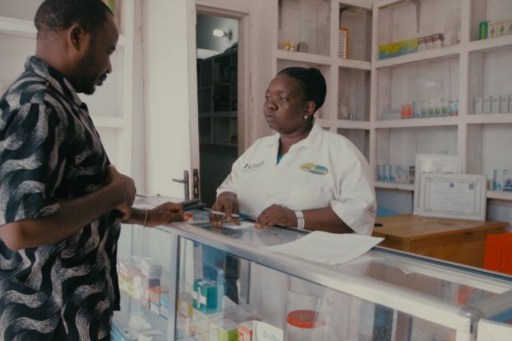In 2018/19 UKCDR analysed information on joint initiatives by leading global research funders based in the UK related to combatting antimicrobial resistance (AMR) in low and middle-income countries (LMICs). The purpose was to obtain a comprehensive picture of UK’s investment in this area and identify research priorities, strategic gaps that require new research, opportunities for joint working and to help reduce the risk of duplication.
The rise in drug-resistant infections, caused by microorganisms such as bacteria, viruses, fungi, and parasites with increasing AMR, is an urgent threat to global health that has been projected could claim up to 10 million lives by 2050.[1] Investing in research and development (R&D) for drugs, vaccines and diagnostic tools as well as interventions that address the drivers of AMR (including prescribing) is central to global efforts to tackle AMR. AMR is a complex, multi-sectoral issue spanning human, animal and environmental health, and social, economic and political factors requiring One Health approaches to tackle it successfully. The UK is playing a leading role in tackling AMR internationally using a One Health approach[2], particularly in LMICs where AMR could reverse recent progress against diseases such as malaria, Human Immunodeficiency Virus (HIV) and Tuberculosis (TB)[3].
This paper provides a high-level overview of UK commitments and major UK-funded initiatives in international development research on AMR. It also provides an overview of UK and global coordination mechanisms on AMR research and identifies strategic research gaps to address in the future.
[1] O’Neill (2016) Tackling Drug-Resistant Infections Globally: Final Report & Recommendations, The Review on AMR
[2] Contained and controlled: the UK’s 20-year vision for antimicrobial resistance
[3] O’Neill (2014) Antimicrobial Resistance: Tackling a crisis for the health and wealth of nations, The Review on AMR.

